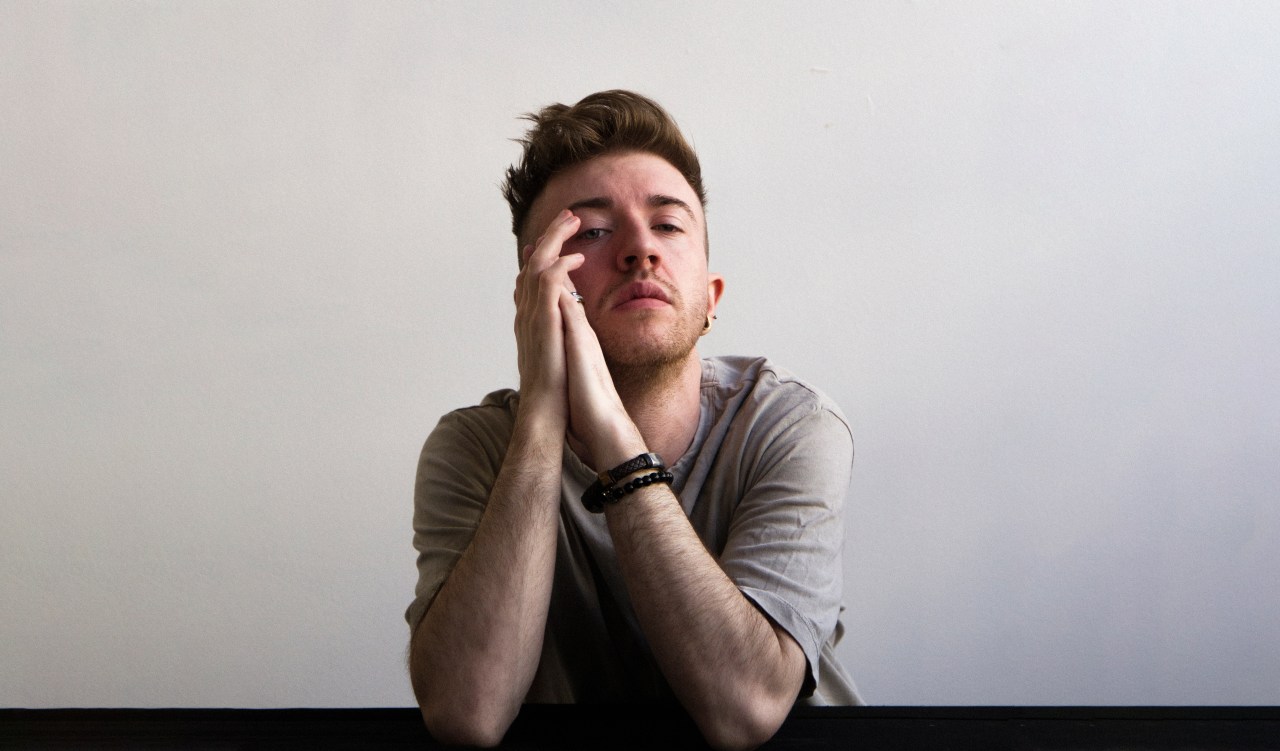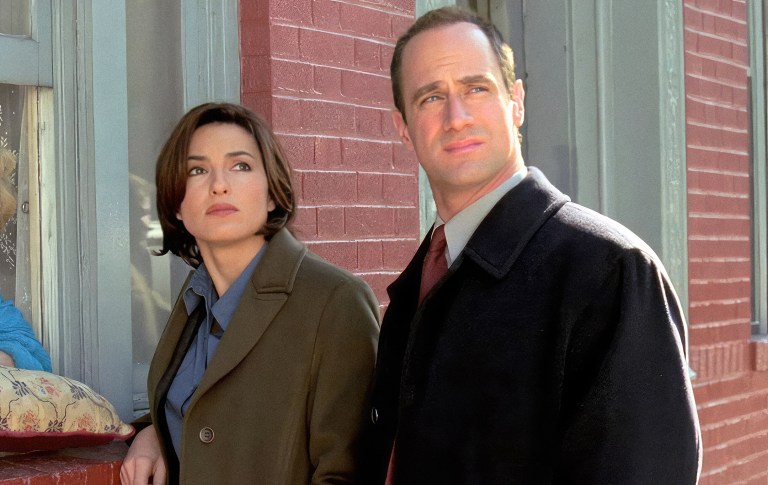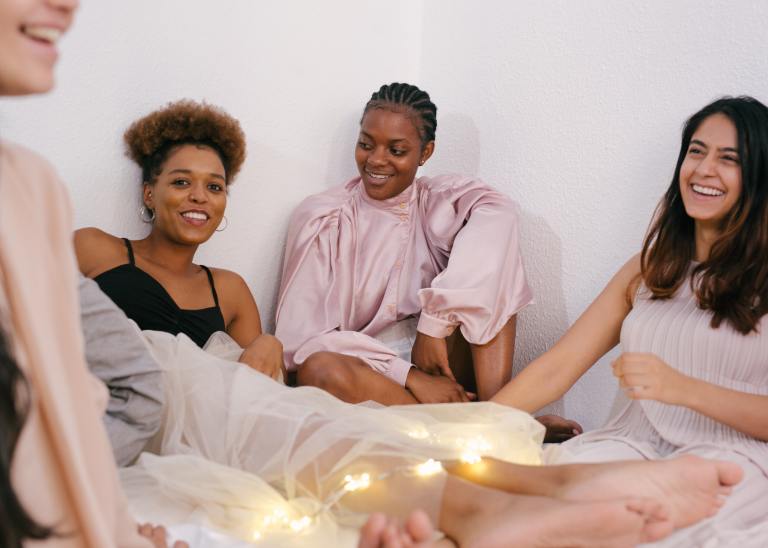
What It’s Like To Have Endometriosis As A Transgender Man
By ![]() Cori Smith
Cori Smith
My story is hard to digest.
There are so many layers in my life which all impact one another. Decoding it for others to understand is both my purpose, and a curse. The ghosts of my past greeting me at every OB/GYN and hospital door. I want you to know my story, because you are in it. We are all a part of it, and play a role.
Visibly shaking, I grab my clipboard and take a seat. I begin to write my name, and mark my pain scores for the month. “10+ at its worst, 3 at its best, 7 right now, 5 on average…” Five or six sets of eyes, watching and questioning my every move. “You’re such a good boyfriend coming here,” or “What… are you?” are the usual comments. They’ll find out soon enough when they call my name, I think to myself. You don’t have to explain yourself to anyone.
“Cori.. ?” I stand up, and take in all of the stares, as I walk through the doorway which says OB/GYN on the glass.
My name is Cori Smith, and I’m a man with Endometriosis. This means I see more OB/GYNs than the average woman. I was assigned female at birth, and transitioned into the man I am today 6 years ago. I always knew I needed to transition, but prioritized many of my health issues first, never knowing if it would be possible for me. The hardest part has been dealing with the problems and diseases that can come along with having a female reproductive system. One of the biggest being that reproductive issues aren’t taken seriously to begin with — women aren’t believed – despite Endometriosis affecting more than just a uterus, and more than just women.
I think everyone with Endo can agree there’s not enough information, or research done on the disease, and we are far from figuring out answers to our burning questions. I think most can agree doctors can be insulting, misinformed, and uneducated — when speaking to you about your body, and Endometriosis. Combine those with the fact that someone could be transgender, non-binary, or intersex, and you have served a mystery to your doctor. A scenario which is common, but not common enough for doctors to understand how to appropriately talk to someone going through it. Unfortunately, this can lead to even more mistreatment.
I was discriminated against in a hospital, and nearly lost my life because of it. You could say, figuratively, I have lost much of my life because of it. It has thrown me on a path in which I made my personal mission to outlive and out-love them all. To show people that we can thrive, we can find love, we can live fuller lives, if only your judgements about us were cast aside. If only your curiosities of our genitals subsided, and were thrown away.
Why are we told that it “takes a village to raise a child” whilst everyone forgets they are the village? My existence goes back thousands of years, and isn’t up for debate under the scope of religion. My life is not your political choice of whether or not I’m given respect, or given help. Your bias towards me does not give you permission to postpone your oath, or operate without a moral compass. We are not the same, but our commonality is that we are human.
It was terrifying coming forward with #CorisStory, I thought I would be embarrassed, but I am empowered. I am taking my power back every day that I live, and using opportunities like this to raise awareness for Endometriosis, and open the minds of so many, with misconceptions or judgements about Trans and Nonbinary individuals.
My favorite part knowing one day, this path will be so worn and well-lit that no one will have to suffer like I did.











